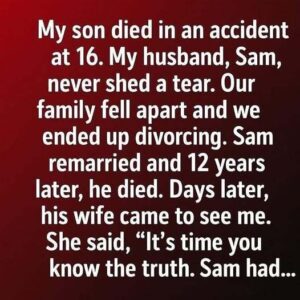In the quiet years that followed, they learned to move through life as if nothing had happened, mastering small talk and polite smiles while their body flinched at every hint of closeness. Partners mistook distance for disinterest, not knowing it was self‑defense, a way to stay safe inside skin that no longer felt like home. The world praised resilience, but never asked what it had cost.
Writing it down became the turning point—not a neat cure, but a slow reclaiming. By naming what went wrong, they uncovered all the missing conversations that might have changed everything: the ones about pleasure instead of performance, about boundaries instead of assumptions, about stopping not as failure, but as care. Their story settles on a quiet truth: healing is not erasing the past, but building a future where no one has to learn safety from the aftermath of harm.





